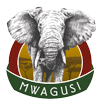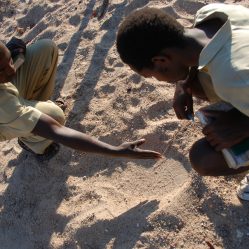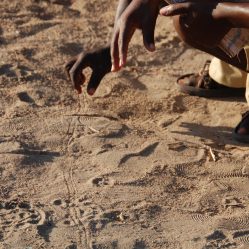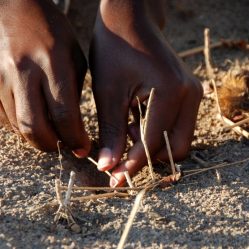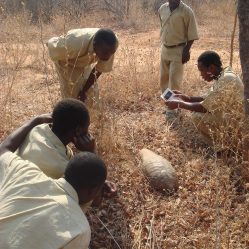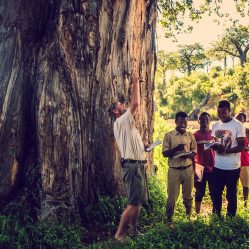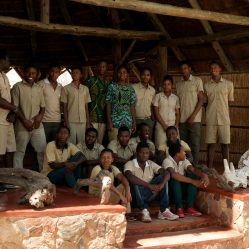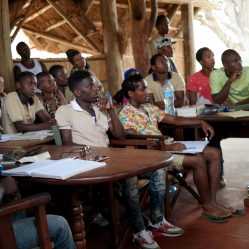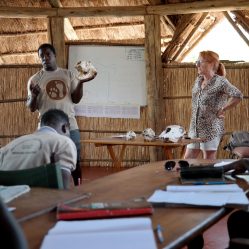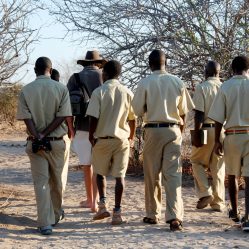
Mwagusi Camp believes strongly in the in-house and on-site training of its safari guides. A full-time guide instructor is employed at the camp and an intensive guide training programme is in place with new recruits being taken in every year. It is a multi-faceted learning approach with the aim of equipping its trainees with a variety of skills that will make them well suited to various facets of the tourism and hospitality industry in Tanzania.
The core objective is to improve a trainee’s wildlife and bush knowledge and nurture a better understanding of the land and the wildlife that surrounds them. These studies usually take at least 3 years to complete before a trainee has the experience and wildlife knowledge to work as a Mwagusi Safari Guide. The approach to learning is varied and interactive in the form of daily walks and classroom lessons.
Two walks occur daily in the early morning and late afternoon. During these walks’ students cover a broad number of topics including tracks, birding, insects, trees, animals and guiding etiquette. The walks are predominantly a means to question and answer and practice conveying information in an accessible and interesting manner. Not only students, but full-time experienced guides attend walks and assist students with explanations and understanding.

